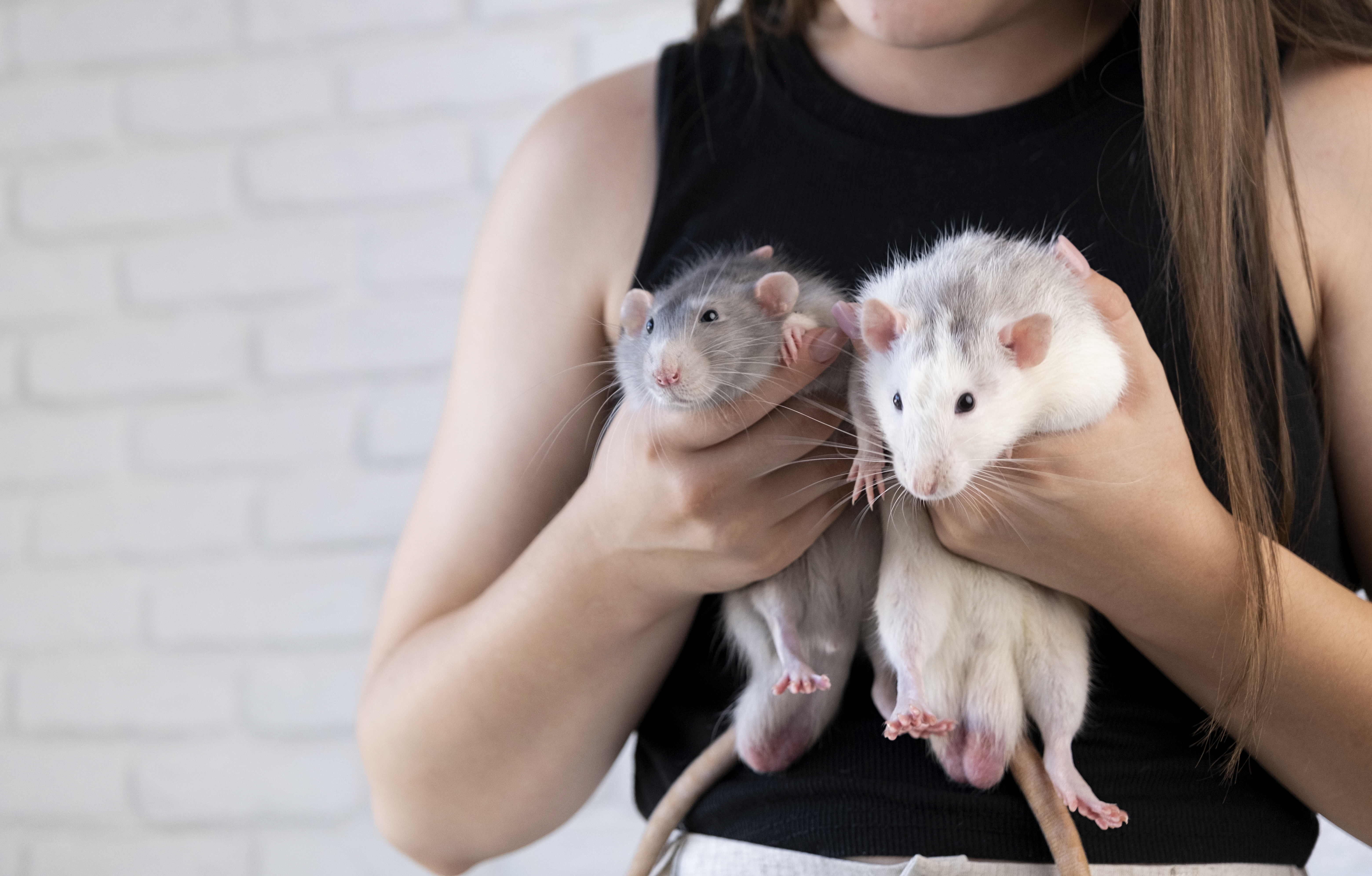11 Wise Animal Proverbs That Still Ring True Today
Animal proverbs have been a staple of human wisdom for centuries, transcending cultures and languages. These sayings, often simple in structure yet profound in meaning, draw from the natural behaviors and characteristics of animals to impart lessons on human conduct and morality. The timelessness of these proverbs lies in their ability to communicate complex ideas through relatable and vivid imagery, making them easily memorable and universally applicable. In this exploration, we will delve into the world of 11 animal proverbs, examining their origins, meanings, and relevance in today's fast-paced, ever-changing world. By understanding these proverbs, we can gain insights into human nature and the societal values that have persisted through the ages.
1. The Wisdom of the Ant: Industriousness and Foresight
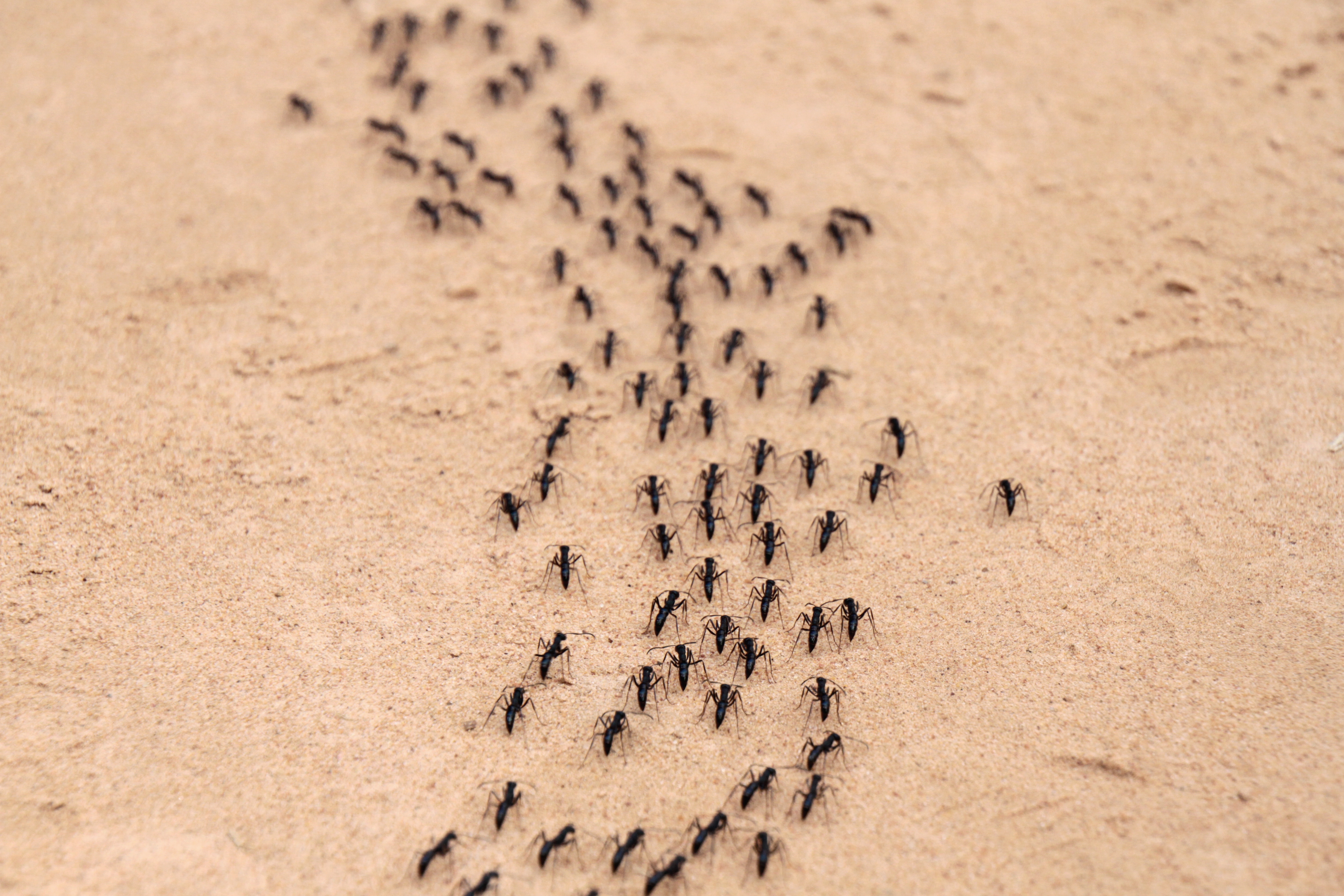
The proverb "Go to the ant, thou sluggard; consider her ways, and be wise," originates from the Bible and highlights the virtues of hard work and preparation. Ants are renowned for their industrious nature, tirelessly working to build and maintain their colonies. This proverb encourages individuals to emulate the ant's diligence and foresight, emphasizing the importance of planning for the future. In today's world, where instant gratification often takes precedence, the ant's lesson reminds us of the value of perseverance and the rewards of sustained effort. By adopting the ant's work ethic, we can achieve long-term success and stability in both personal and professional endeavors.
2. The Fox’s Cunning: Intelligence and Adaptability
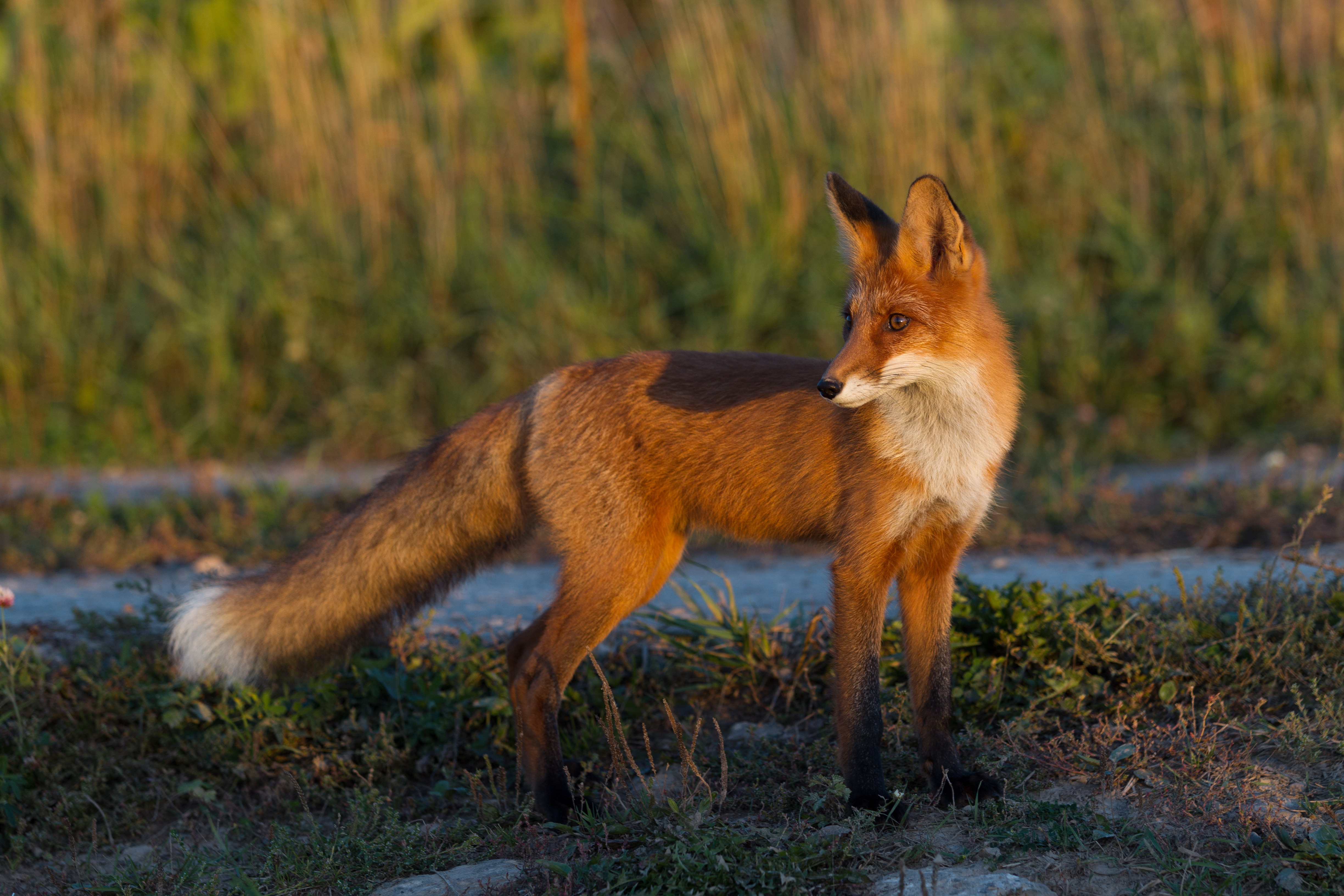
The fox is frequently associated with cunning and intelligence, as seen in the proverb "A fox knows many things, but a hedgehog knows one big thing." This saying, attributed to the Greek poet Archilochus, contrasts the fox's adaptability with the hedgehog's singular focus. In a rapidly evolving world, the ability to adapt and think critically is invaluable. The fox's wisdom teaches us to be resourceful and open-minded, to approach problems from multiple angles, and to embrace change rather than resist it. By cultivating a fox-like mindset, we can navigate the complexities of modern life with agility and insight.
3. The Lion’s Roar: Courage and Leadership
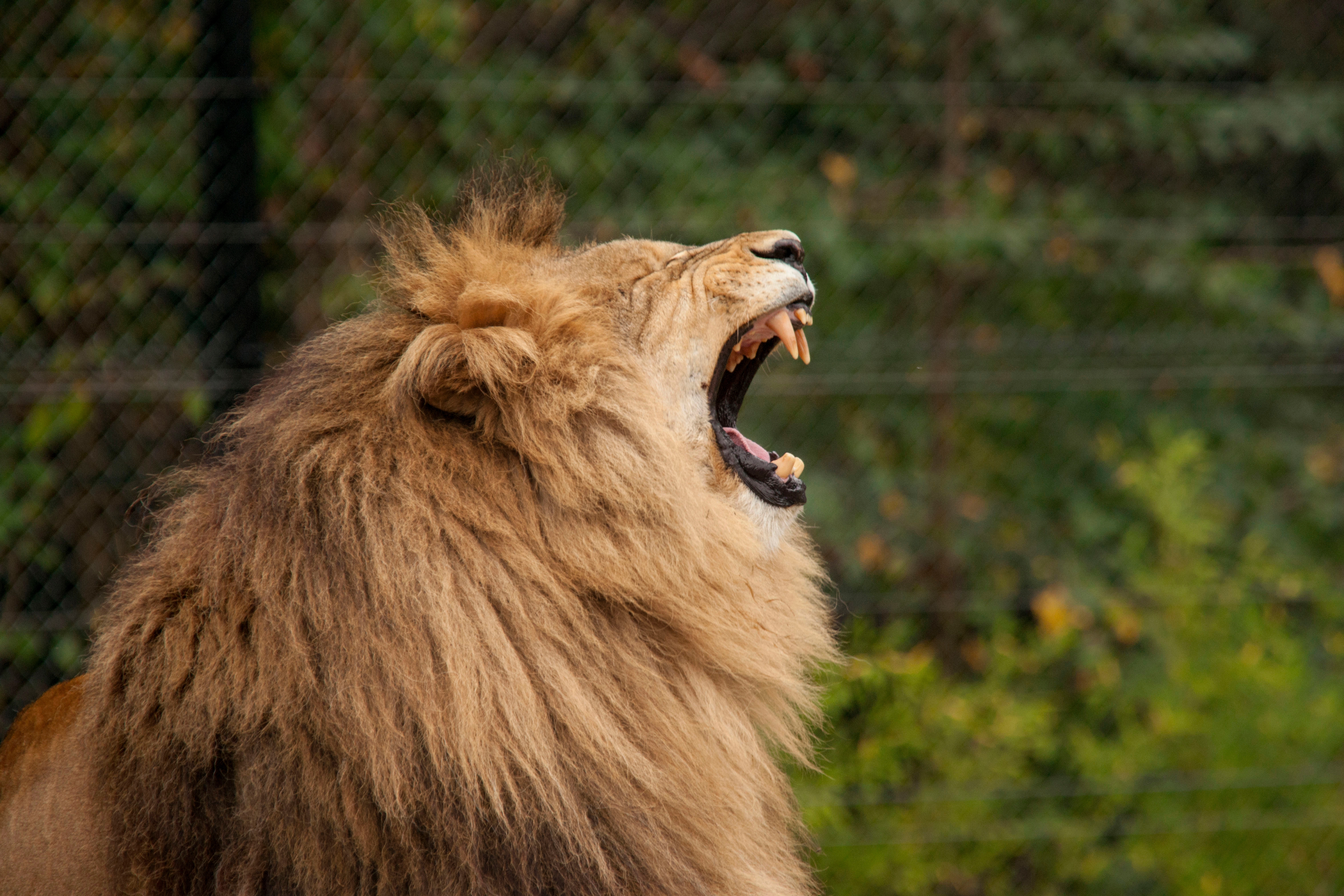
"Lions do not lose sleep over the opinions of sheep" is a proverb that underscores the lion's symbolic association with courage and leadership. Lions are often seen as the kings of the animal kingdom, embodying strength and authority. This proverb encourages individuals to remain confident and steadfast in their convictions, undeterred by criticism or doubt from others. In an age where social media and public opinion can be overwhelming, the lion's lesson is a reminder to stay true to oneself and lead with integrity. By channeling the lion's courage, we can inspire others and effect positive change in our communities.
4. The Elephant’s Memory: Wisdom and Experience
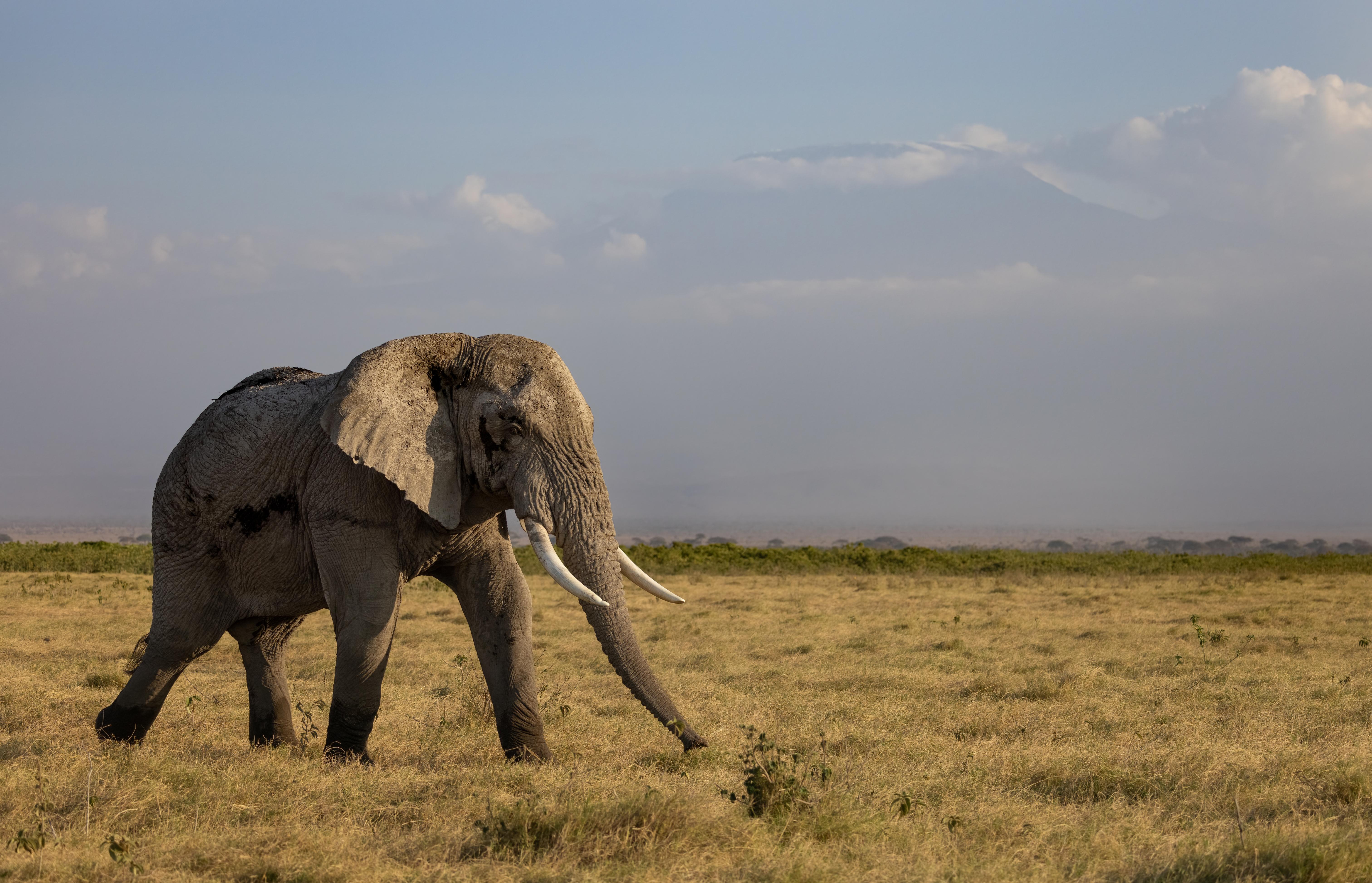
The saying "An elephant never forgets" speaks to the elephant's reputation for having an exceptional memory. Elephants are known for their intelligence and strong social bonds, often remembering individuals and events for many years. This proverb highlights the importance of learning from past experiences and using that knowledge to inform future decisions. In a world where information is abundant but often fleeting, the elephant's wisdom encourages us to value experience and reflection. By cultivating a strong memory and a deep understanding of our past, we can make more informed choices and avoid repeating mistakes.
5. The Owl’s Insight: Knowledge and Mystery
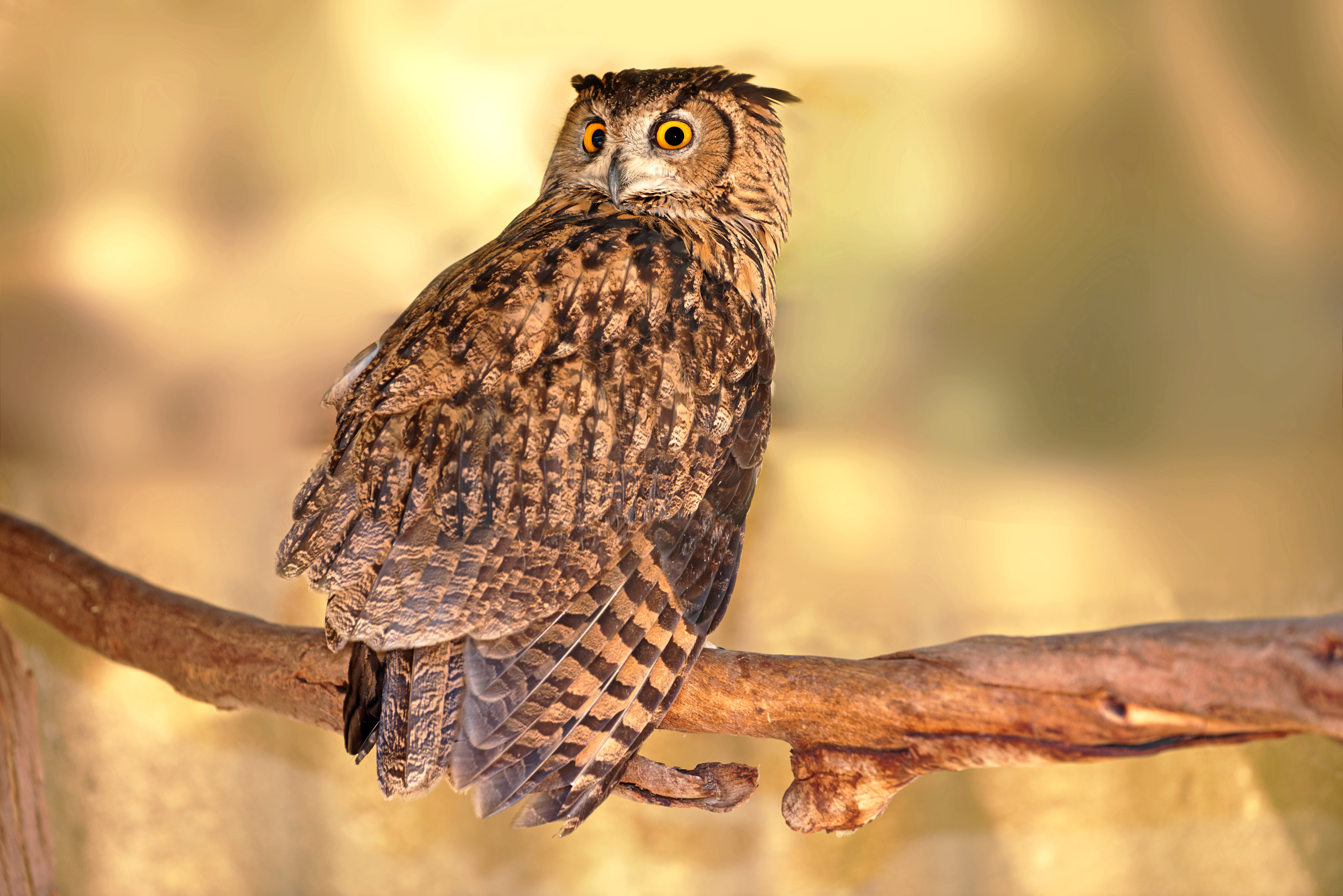
Owls have long been associated with wisdom and mystery, as captured in the proverb "As wise as an owl." Owls are nocturnal creatures, often seen as symbols of knowledge and insight due to their ability to see in the dark. This proverb encourages us to seek understanding and embrace the unknown, recognizing that true wisdom often lies beyond the surface. In an era where information is readily accessible, the owl's lesson reminds us to look deeper and question assumptions. By adopting an owl-like perspective, we can uncover hidden truths and expand our horizons.
6. The Hare and the Tortoise: Patience and Persistence
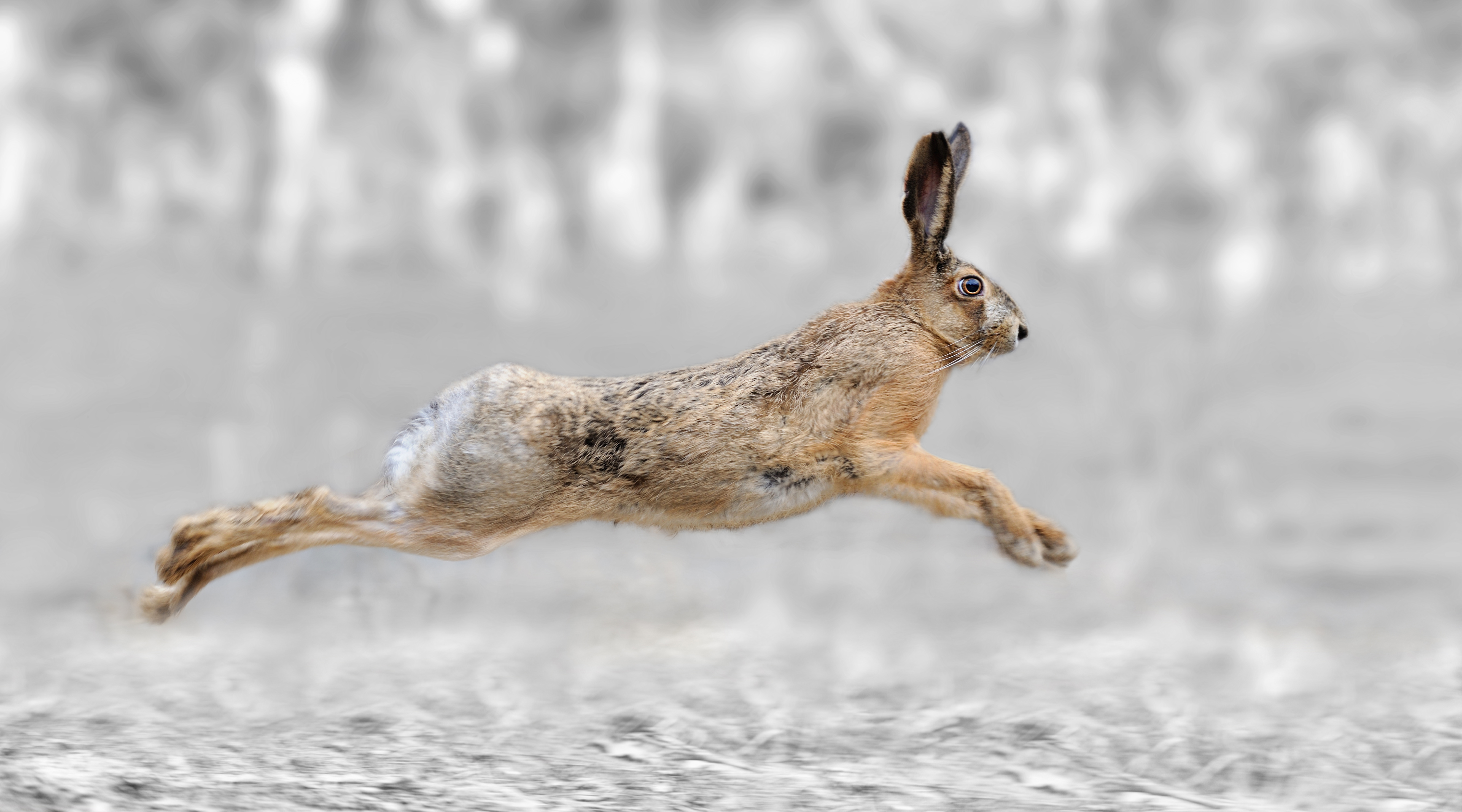
The fable of "The Tortoise and the Hare" is a classic story that illustrates the virtues of patience and persistence. The proverb "Slow and steady wins the race" encapsulates the moral of the tale, where the slow-moving tortoise ultimately triumphs over the swift but overconfident hare. In a society that often prioritizes speed and efficiency, this proverb serves as a reminder that consistent effort and determination can lead to success. By embodying the tortoise's perseverance, we can achieve our goals at our own pace, without succumbing to pressure or haste.
7. The Donkey’s Burden: Humility and Resilience
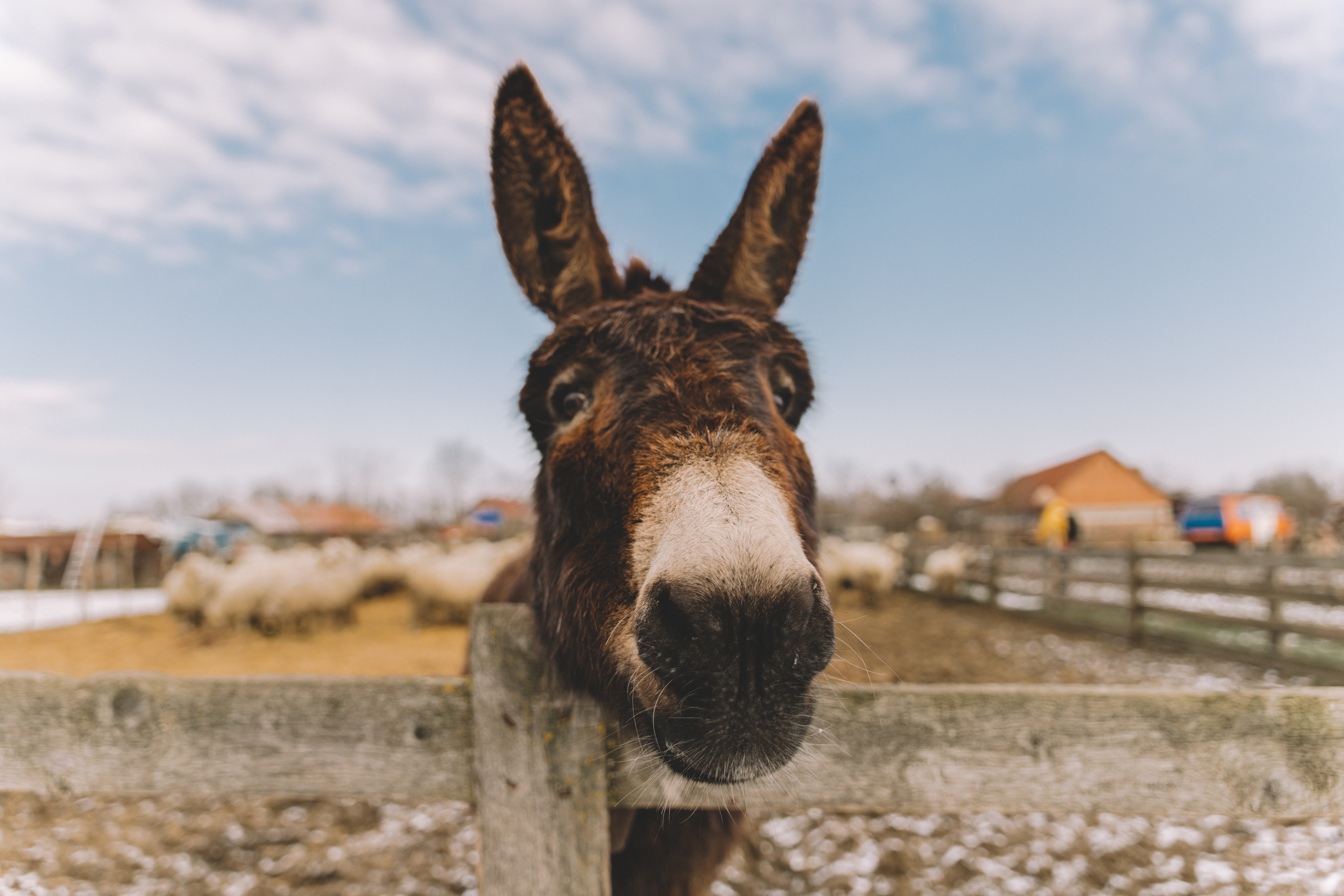
The proverb "Better to be a donkey than a lion's dinner" reflects the donkey's symbolic representation of humility and resilience. Donkeys are often seen as stubborn and hardworking animals, capable of carrying heavy burdens without complaint. This saying encourages us to embrace humility and resilience, recognizing that strength often lies in enduring challenges rather than avoiding them. In today's competitive world, the donkey's lesson teaches us to value perseverance and humility, understanding that success is not always about being the strongest or the fastest, but about enduring and overcoming adversity.
8. The Dog’s Loyalty: Friendship and Fidelity

The proverb "A dog is a man's best friend" highlights the deep bond between humans and dogs, symbolizing loyalty and companionship. Dogs are known for their unwavering loyalty and ability to form strong emotional connections with humans. This proverb emphasizes the importance of friendship and fidelity, reminding us of the value of trust and support in our relationships. In a world where connections can be fleeting, the dog's lesson encourages us to cultivate meaningful and lasting bonds with others. By embodying the dog's loyalty, we can build a network of support and companionship that enriches our lives.
9. The Cat’s Curiosity: Exploration and Independence
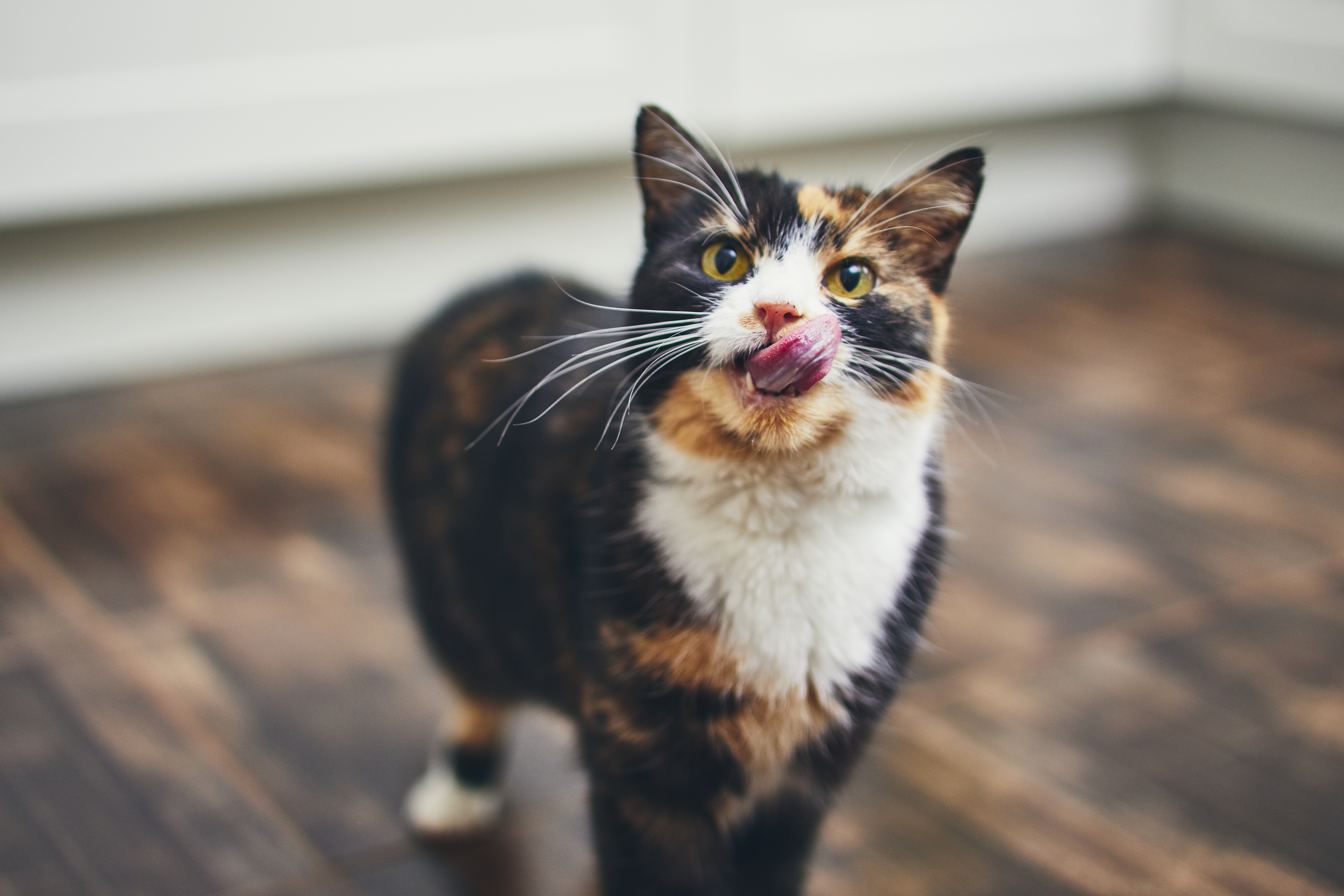
The saying "Curiosity killed the cat" is often used to caution against unnecessary risk, but it also highlights the cat's association with curiosity and independence. Cats are known for their inquisitive nature, often exploring their surroundings with keen interest. This proverb encourages us to balance curiosity with caution, recognizing the value of exploration and discovery. In a rapidly changing world, the cat's lesson teaches us to remain curious and open-minded, while also being mindful of potential risks. By embracing the cat's curiosity, we can foster innovation and creativity, pushing the boundaries of what is possible.
10. The Crow’s Resourcefulness: Ingenuity and Problem-Solving
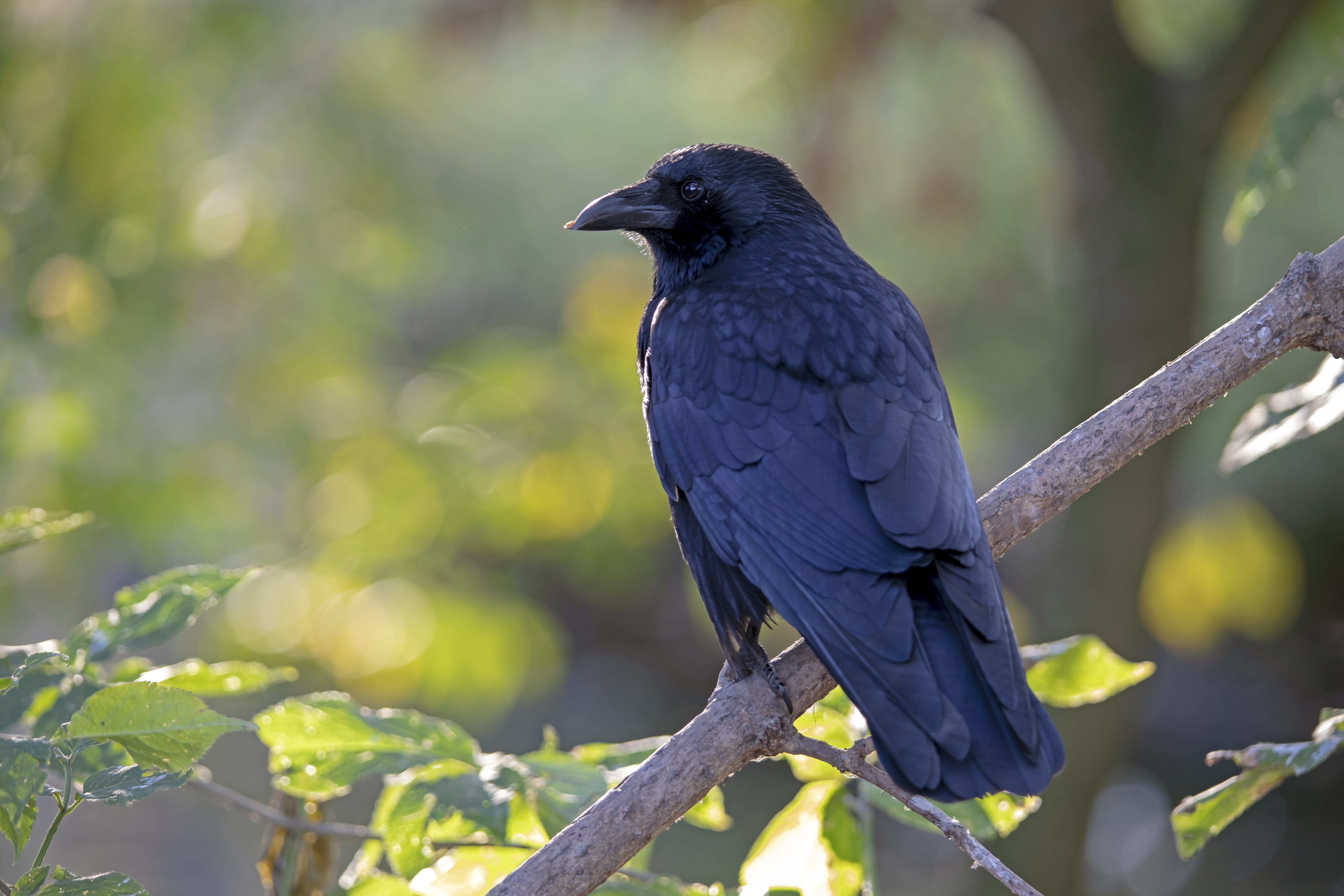
Crows are often associated with intelligence and resourcefulness, as seen in the proverb "As the crow flies," which denotes directness and efficiency. Crows are known for their problem-solving abilities and adaptability, often using tools and strategies to obtain food. This proverb highlights the importance of ingenuity and creative thinking in overcoming challenges. In a world that demands constant innovation, the crow's lesson encourages us to think outside the box and approach problems with a fresh perspective. By adopting the crow's resourcefulness, we can find effective solutions and achieve our goals with efficiency.
11. The Horse’s Strength: Endurance and Freedom
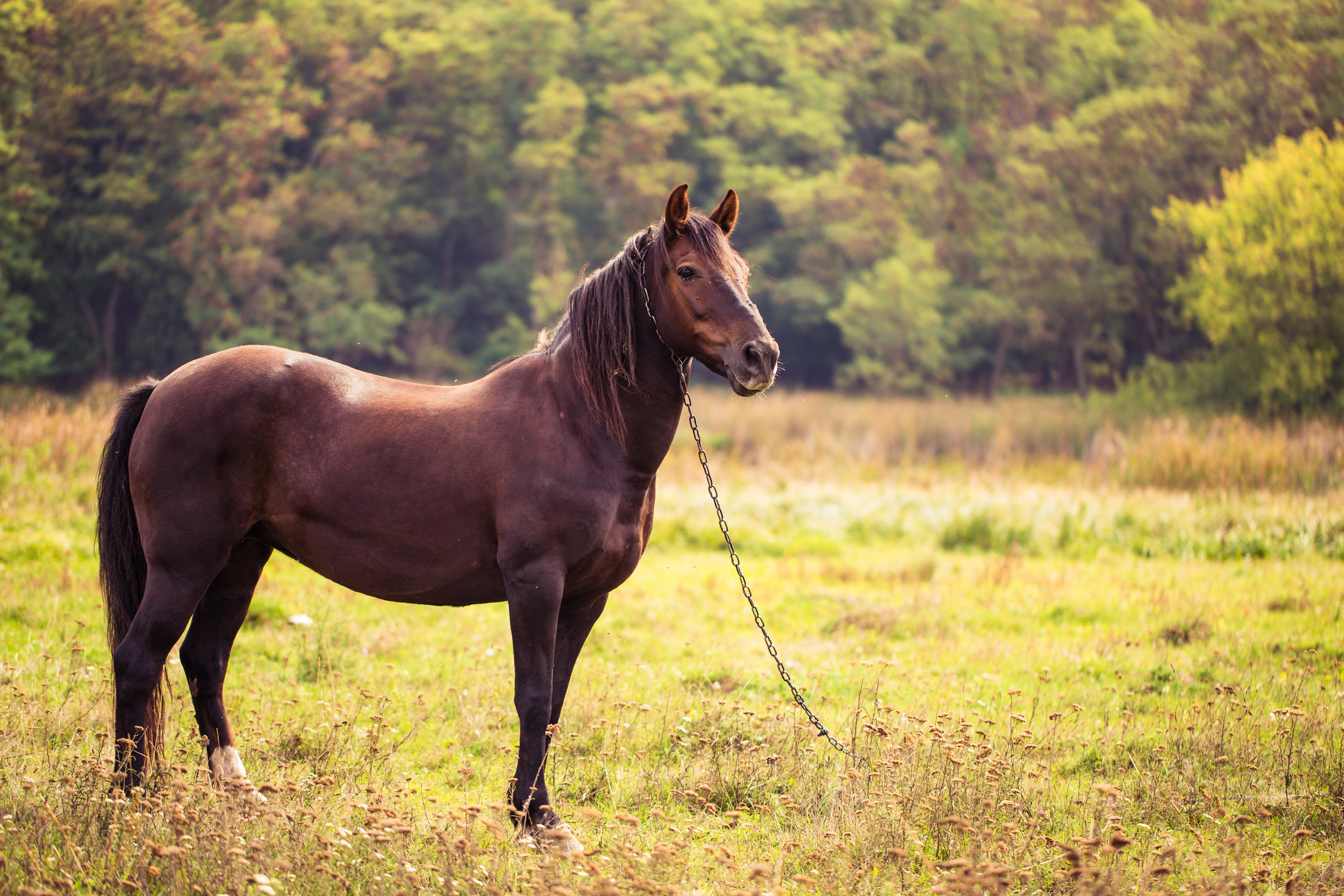
The saying "Don't look a gift horse in the mouth" reflects the horse's symbolic representation of strength and freedom. Horses have been valued for their endurance and ability to travel great distances, often serving as symbols of power and independence. This proverb encourages us to appreciate what we have and to recognize the value of gifts and opportunities. In a world where materialism can overshadow gratitude, the horse's lesson reminds us to be thankful for the blessings we receive and to harness our strengths to pursue our dreams. By embracing the horse's endurance, we can achieve freedom and fulfillment.
As we have explored, animal proverbs offer a wealth of wisdom that continues to resonate in our modern world. These sayings, rooted in the natural behaviors and characteristics of animals, provide valuable insights into human nature and societal values. From the industriousness of the ant to the loyalty of the dog, each proverb imparts a unique lesson that can guide us in our daily lives. By reflecting on these timeless proverbs, we can gain a deeper understanding of ourselves and the world around us, fostering a sense of connection and continuity with the past. As we navigate the complexities of the present, let us carry forward the wisdom of these animal proverbs, allowing them to inspire and inform our actions for generations to come.


